Guest post by Stephan Haggard and Lydia Tiede
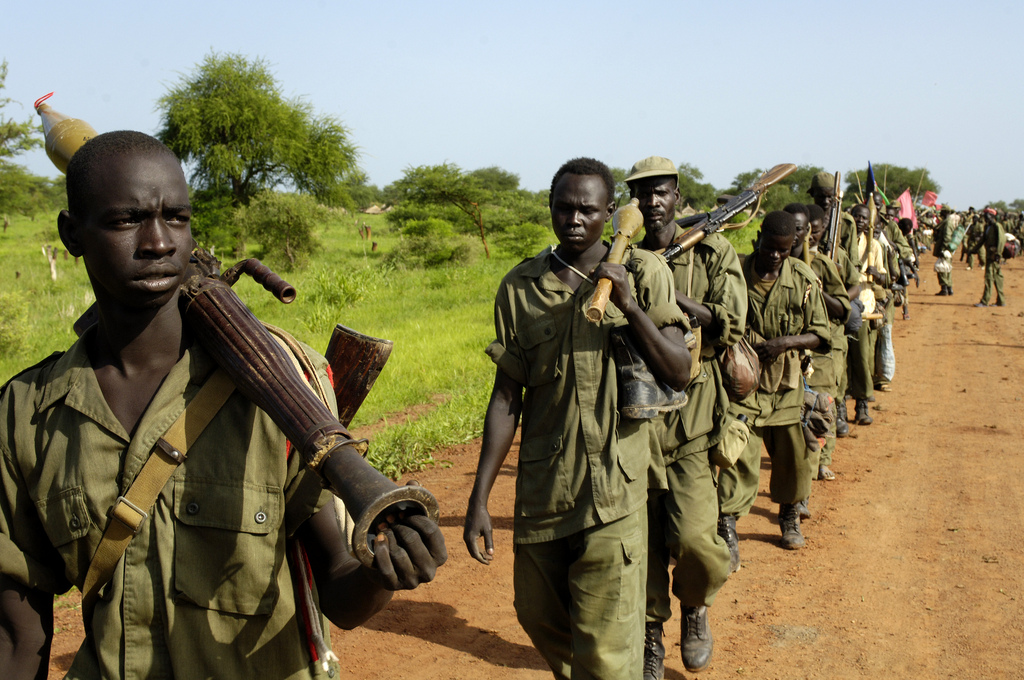
For many years, the academic literature on civil war has rightly focused on the determinants of onset, duration and settlement. Why do wars start, why do they last so long and how do they end? Particularly among practitioners, however, there is increasing concern about how politics and society are rebuilt after civil war. What are the prospects for democratic rule? Can previously warring parties coexist, or is conflict likely to resurface?
In a new study in International Studies Quarterly[1], we provide an initial survey of how countries have fared in rebuilding — or building — the rule of law in the aftermath of civil wars. The study draws on an analysis of 47 countries with conflicts that ended between 1970 and 1990; this choice of cutoffs allows us to consider post-conflict periods. The study also draws on a wide variety of rule of law measures, ranging from expansive conceptions such as democratic rule to more focused measures such as judicial independence, the extent of corruption and property rights. The study uses both simple tests — differences of means between the pre-conflict, conflict and post-conflict periods; basic regression analysis — as well as more sophisticated structural break analysis that allows us to track the evolution of rule-of-law country-by-country.
Rebuilding the rule of law is extraordinarily difficult; it depends not only on larger political settlements but on human capital required to make the security, legal, judicial and penal systems work in an equitable manner. Rule of law must also fit with culture and lived experience. We cannot simply implant rules appropriate in one setting to another.
We find a few glimmers of hope. First, poverty (measured as per capita GDP) does not necessarily prevent countries from improving on one or more rule of law measurements. Second, the intensity of conflict is not correlated with a country’s ability to make strides in the rule of law either. Countries ravaged by intense civil conflicts do not necessarily fare any worse than those where conflicts are less severe and polarizing. Finally, there is some highly preliminary evidence that intervention by third party actors may have positive effects on the rule of law in the short and medium term.
However, our dominant findings are that improvements of rule of law in the post-conflict period are extremely modest. As we would expect, countries that fall into civil war typically have weak rule of law to begin with. Rule of law does in fact deteriorate modestly during conflict, for example on civil liberties. And it similarly improves — albeit modestly — on some other indicators such as political rights and executive constraints.
But for the most part, countries at best revert to the status quo ante, returning to the relatively weak rule of law that characterized their political systems prior to the conflict. Looking at the trajectories of several rule of law indicators over time in individual countries we find that few countries make even modest improvements, that these improvements appear on only a few dimensions of the rule of law, and that they are not necessarily associated with the end of the conflict per se. Further, rule of law development takes time. When gains are made they usually arise ten or even twenty years after the end of a conflict.
Although preliminary and bounded by unsatisfactory data, the findings underscore the importance of moderating our expectations. Countries that are vulnerable to civil war are certainly better off when the war ends. But ending wars does not translate in any easy fashion into more robust rule of law. Even if outside intervention has some positive effects — and we are cautious that it does — the variance to be explained is small. Civil war cases are dominated by countries characterized by weak rule-of-law environments across their entire histories, and are not going to be remade in short order.
Future research should focus not only on whether outside intervention has positive effects, but the leverage points where such intervention is most likely to have the most substantial effects. For example, should we focus on rewriting the law itself, training judges, or investing in the security environment that will assure the security of person that is a sina qua non of the rule of law? Surprisingly, we still have very little evidence on these important questions.
1. Stephan Haggard and Lydia Tiede. “The Rule of Law in Post-Conflict Settings: The Empirical Record.” International Studies Quarterly (2013), early view October 2, 2013 at http://onlinelibrary.wiley.com/doi/10.1111/isqu.12103/abstract


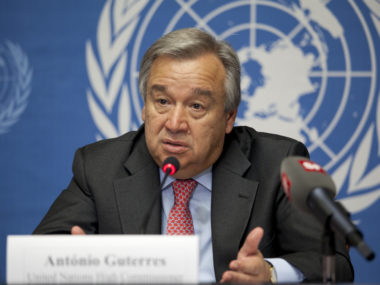
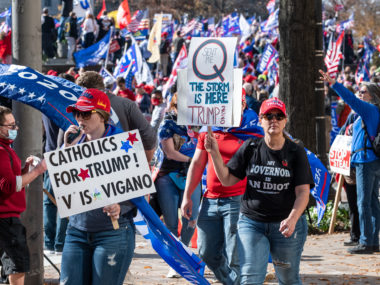
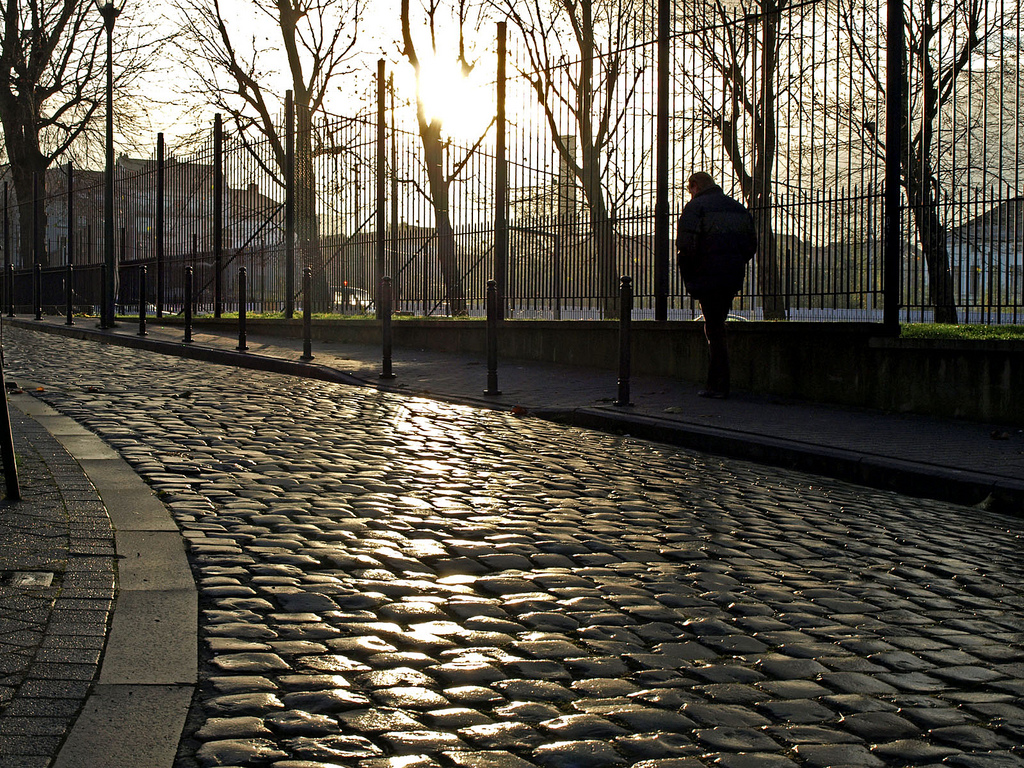
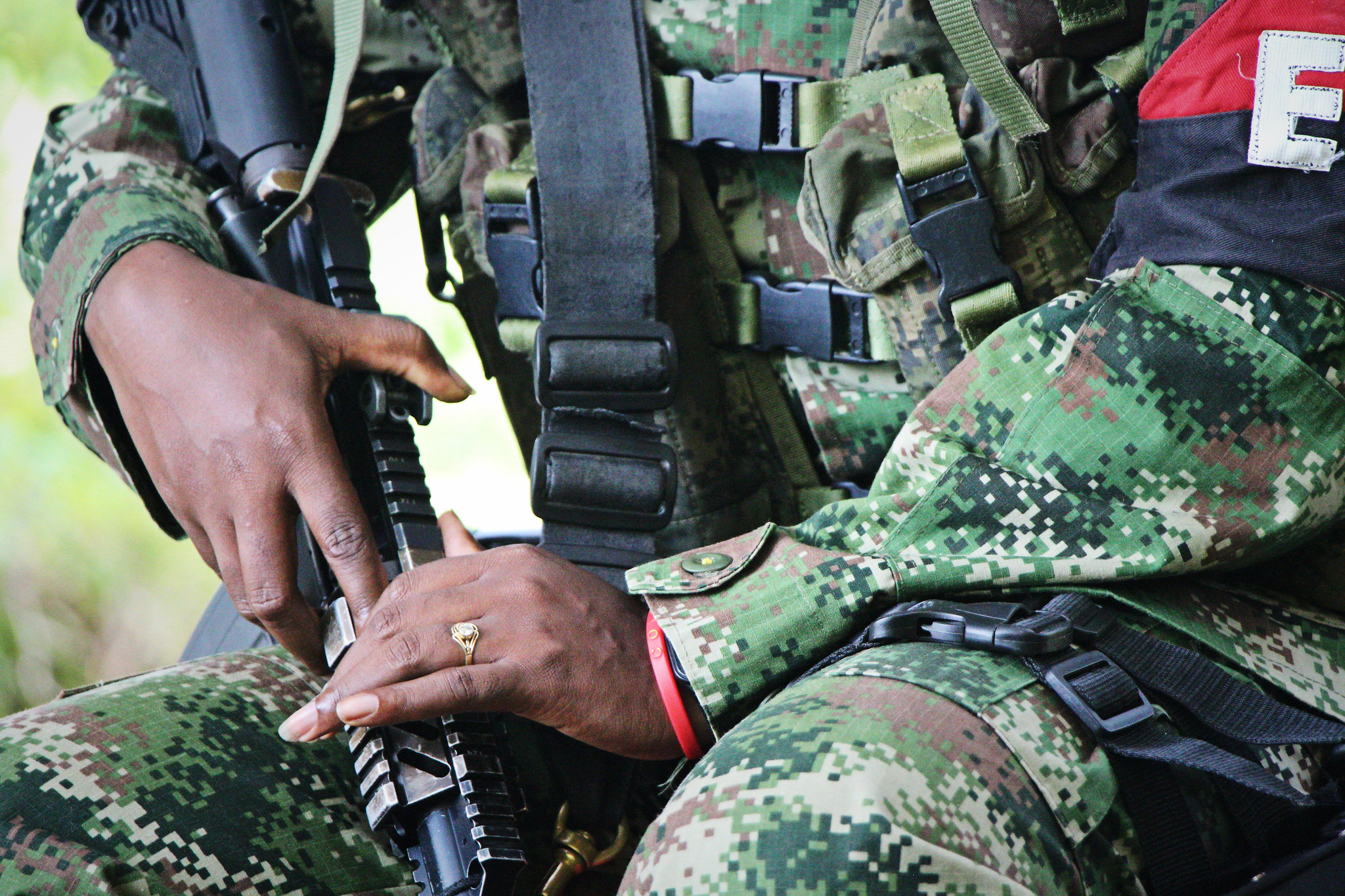
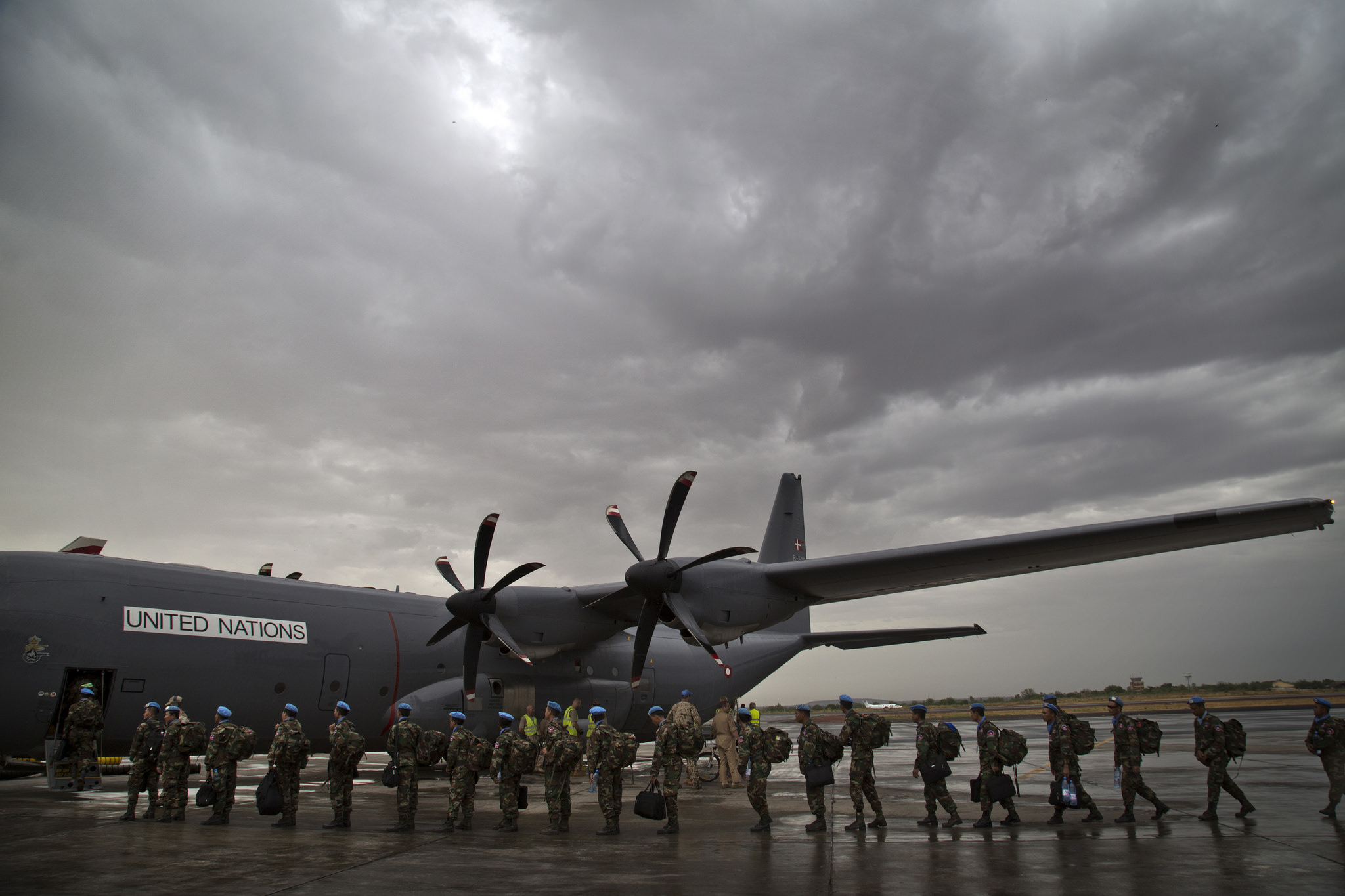
1 comment
As I see it and it may be emotional more than objective, knowing that I cannot by myself alleviate human evil perpetrated on innocents. We hear words like collateral damage and these terms soften the real impact.
As a world we cannot sit around like the world did with the Jews in WWII. At some point, we must cut and run or just not get mired into a political fiasco. One official in the Johnson Whitehouse said just a few years ago he feels guilty about the prosecution of the Vietnam War. Those feelings are deepened by the loss of life on both sides.
Vietnamese woman were subjected by torture, rape and murder from both sides and in some cases from Americans as well. This is not an attack on the military because I served for eleven years, from 1974-1985. The problem are the innocents and not ironically many of the military became victims of the lunacy.
From Lt. Calley to Sgt Bales we subject soldiers to an evil so heinous that we they do snap, they snap big time. The fault are the politcians who enforce privation and suffering. That PTSD thing. Okay, so I tell people careful. I use the example of you have two veterans. One Vietcong, one American. Both have a gun, a wife and two children and both do NOT want to die. So who is the bad guy? You know? Politicians or even man’s inherent blood lust and these are usually Generals.
But the larger point is this. It is a tricky proposition. Either we try to end the suffering as quickly as we can or we have the Khmer Rouge killing unarmed people after America left Vietnam. So more innocents are raped and plundered by their own community. Is it wrong to hasten that along, meaning preventing that violence?
All I know is that Apartheid was wrong, so was dropping the big bombs. Ask many Filipino at their hatred of what Japan did to their families or even our own war with the Philippines. Japanese soldier beheaded children in front of their moms and then raped and murdered the mother. These memories last like the memories of a bullied child and they transgress understanding and morph into vitriol.
The bottom line is answers are rarely well-defined and logical. Do we allow kids to be raped because we do not want to be involved? And even if we have an interest like oil for example, does this make the rape any more justified.